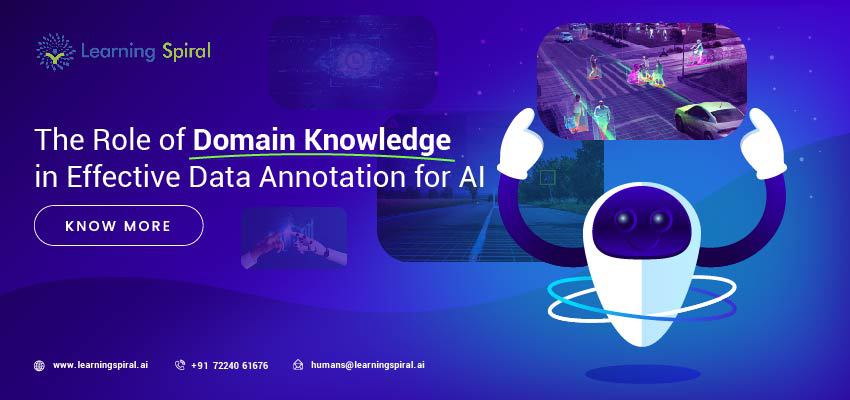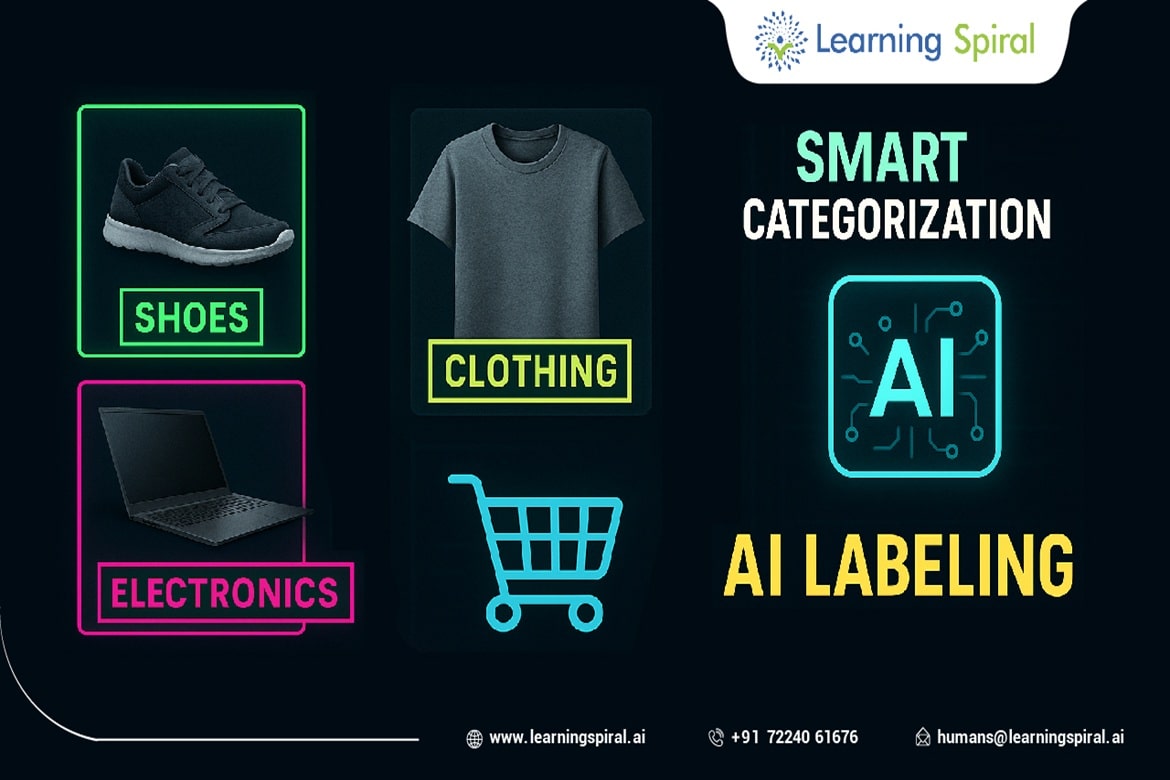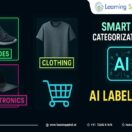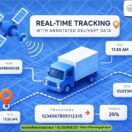Data annotation, the process of labeling and classifying raw data, serves as the lifeblood of artificial intelligence aka AI. High-quality annotated data is essential for training robust and accurate machine learning models.
However, simply having a large dataset isn’t enough. For AI to truly excel in specific domains, infusing data annotation with domain knowledge becomes paramount.
Let’s delve into why domain expertise is crucial for effective data annotation and explore its impact on AI development.
Understanding The Power of Domain Knowledge
Data, in its raw form, often lacks context. An image, for instance, might contain an unknown object or similar contrasts. An annotator without domain knowledge in, say, medical imaging, might struggle to identify it accurately. Here’s where domain expertise comes in.
This contextual understanding extends beyond simple identification. In the financial sector, for example, an annotator familiar with financial securities can differentiate between genuine and fraudulent transactions with greater accuracy. This enriched annotation translates to AI models that can make more informed decisions within that specific domain.

Combating Bias and Ensuring Consistency
Data bias, stemming from inherent human biases or skewed datasets, can significantly impact AI performance. For instance, an image recognition model trained primarily on photos of light-skinned individuals might struggle to identify faces in darker complexions. These kinds of incidents may lead to biases against skin color, which is a major concern surrounding AI.
Domain experts can play a crucial role in mitigating such biases. Their knowledge of the specific domain allows them to identify potential biases in the data and design annotation strategies to counteract them.
Furthermore, domain knowledge fosters consistency in the annotation process. Consider annotating sentiment in customer reviews. Without domain knowledge in the relevant industry, annotators might misinterpret sarcasm or industry-specific jargon. Domain experts, however, can establish clear guidelines and ensure consistent labeling, leading to a more reliable training dataset for the AI model.
The Benefits of Domain-Specific Annotation
The advantages of incorporating domain knowledge into data annotation are multifaceted:
- Enhanced Accuracy: AI models trained on well-annotated data with domain expertise perform significantly better in their designated tasks.
- Improved Generalizability: Domain knowledge allows for the creation of annotation guidelines that consider real-world variations and edge cases. This, in turn, helps AI models generalize better to unseen data.
- Reduced Development Time: By leveraging domain expertise to identify and address potential issues early on, the overall development time for AI models can be streamlined.
Building a Successful Domain-Centric Annotation Team
There are several ways to leverage domain knowledge for effective data annotation:
- Crowdsourcing with Domain Experts: Platforms can be designed to recruit and manage annotators with specific domain expertise.
- In-House Expertise: Organizations can build internal teams of domain experts to handle data annotation tasks.
- Hybrid Approach: Combining in-house expertise with crowdsourced domain-specific annotators can be a cost-effective solution.
Conclusion
As AI continues to evolve, the importance of domain knowledge in data annotation will only grow. By harnessing the power of domain expertise, we can create AI models that are not only accurate but also deeply understand the specific context in which they operate. This synergy between data and human knowledge will pave the way for the development of truly intelligent AI applications that can revolutionize various industries.






